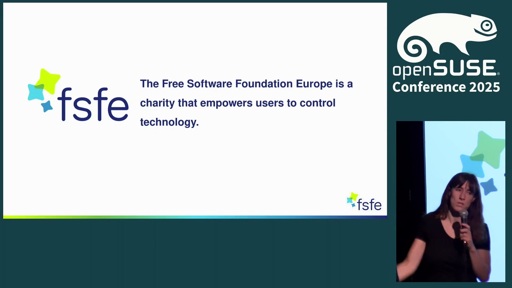- 771 Posts
- 347 Comments

 1·3 months ago
1·3 months agoYea I can see that. I personally detest tofu, except when in a dish that’s built around it rather than trying to imitate something else. Like in miso soup it’s delicious!

 2·3 months ago
2·3 months agoYea lol

 8·3 months ago
8·3 months agoIndirectly pokemon go for me lol, played it a bit but meh

 191·4 months ago
191·4 months agoThat was incredibly inappropriate to say, who is your lemming manager? We will be discussing your behavior and next steps

 21·4 months ago
21·4 months agoLol I’ve always wanted to get a pilots license to replace my commercial air travel, but damn is it expensive and even more expensive to fly anywhere and maintain the plane lmao

 21·4 months ago
21·4 months ago!nyc@lemmy.world is probably the best bet
voxpop.social has shutdown

 61·4 months ago
61·4 months ago!india@Piefed.social is still moderated And not on .ml, but smallish because it just moved over there (needed to move over from !india@lemm.ee because of .ee shutdown)

 2·5 months ago
2·5 months agoI’m the same person who also has 600 (Not an exaggeration)
ChromeFirefox tabs open at a time LMAOIt’s a lot easier to just have whatever windows open on a monitor than constantly switching between windows. Sure there’s 1 or 2 that just has Spotify open or whatever, but there’s also ones with ya know documentation open or a browser or an IDE or RDP sessions there’s also a dedicated crib monitor one as well

 9·5 months ago
9·5 months agoYea it’s decent, but what really takes the cake is that it’s far better than what you can get at McDonald’s and (at least in my area) it’s cheaper than McDs
Their double double combo is like 10$ compared to McDs pitiful BigMac combo at like 13
It’s not worth flying across the country for like some do, but if I have a choice between McDs or In-N-Out…

 261·5 months ago
261·5 months agoThe idea is to be a cog in which you can get lost and do minimal work while collecting a fat paycheck

 35·5 months ago
35·5 months agoThis was not a response I expected, I thought the only people who didn’t like multiple monitors were ones who never tried it lol
My peak was like 8 monitors, I’m at 6 now, but I can never go back to a single one long term. Whenever I do it temporarily for whatever reason it’s agonizing

 231·5 months ago
231·5 months agoSame LMAO they’re neat but I’ve always been so meh about them. And there’s not even like new ones, it’s always the same versions over and over again

 33·5 months ago
33·5 months agoJust crossposting from .ml as always lol, I have started posting to !privacy@programming.dev, but in this case when I did my run through it was already crossposted there, so I just went to the next one
I mean, afterall, what could be better than having 2 privacy comms beating the .ml version 😂
Lol, I just made a meme the other day on this from a parents perspective
Welcome to the club! Have fun printing the night away lol

 9·5 months ago
9·5 months agoIn fact, forget the app

 31·5 months ago
31·5 months agoŻ̵̢̥͚͈̰͈̾́̂̓͠i̶̟͌̽̈́̀̐ó̵̹͒̐n̴̟͍̙̘͑̽̐̀͝͠͝i̶̙̳̱̼͋̂͆̔͝ͅs̷̨̰̻͍̞̀̀̅͜t̴̨̍ in zalgo seems rather fitting 😂
That’s actually a really neat window lol, I kinda want one now xD
But are you sure it doesn’t open? Maybe you need to hold a crystal to it at the right time of day so that sunlight gets focused by it and opens a secret portal to another better timeline!

 6·5 months ago
6·5 months agoMe and some friends wrote an outline for a zombie movie years ago from the viewpoint of the zombies. They see themselves as cultured and “normal” while the living are viewed as savages who waste their lives working, keeping up with the Jones’ and addicted to stupid stuff like reality TV. It would have been done in the style of The Office/What We Do In the Shadows, with a film crew following around a small group of Zombies who explain their lives. The zombies would have a very close-knit socialist/utopia type lifestyle while us stupid living lived in a right-wing 'murica hellscape.
If I was rich, I would be signing over a 500M budget over to you right now
Sadly, I’m just a Lemming :'(
















Lmao